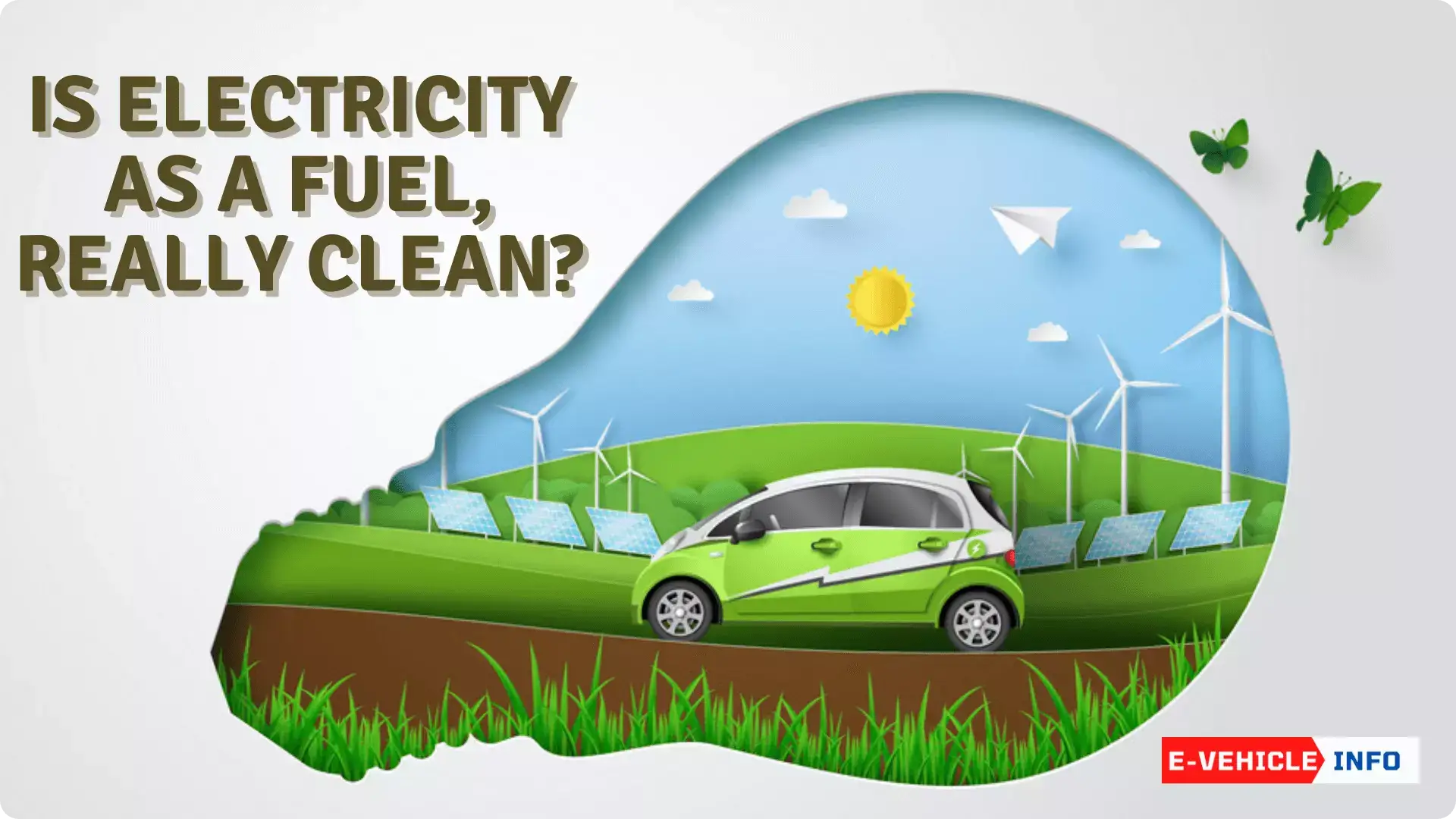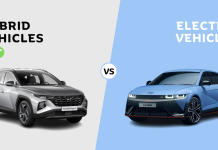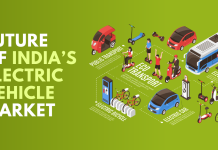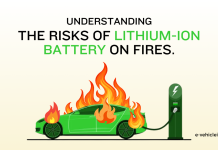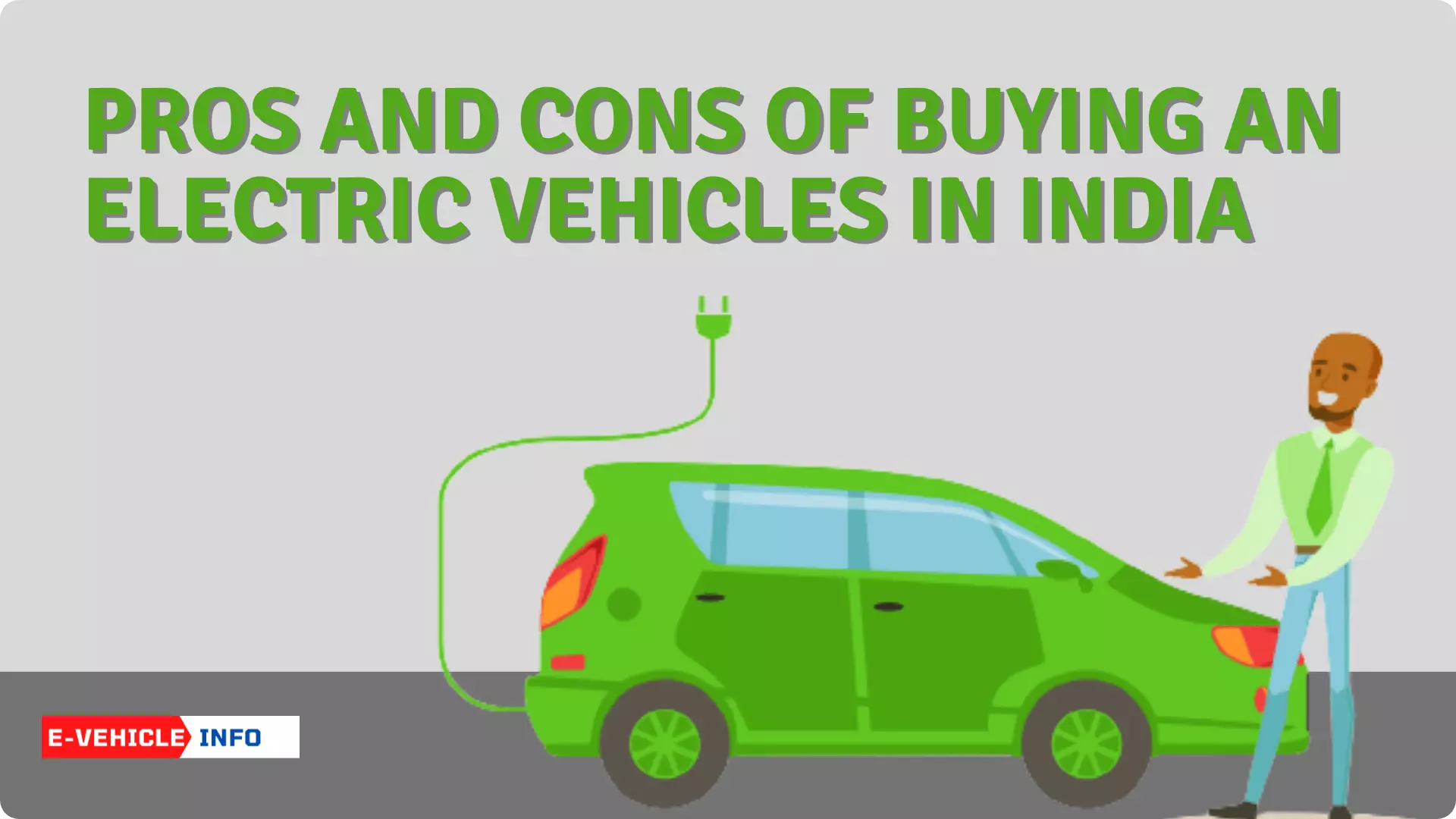 Combined with the fact that you’re reading this post, I think electric vehicles are discussed a lot, and not just limited to names like Tesla.
Combined with the fact that you’re reading this post, I think electric vehicles are discussed a lot, and not just limited to names like Tesla.
So, one thing many of us want to know is what the future of electric vehicles really is, and where does India stands on the platform of electric mobility today.
Many of us are quite convinced that the future is good for electric vehicles, because fossil fuels are decreasing day by day, and dependence on them is not sustainable for the development and survival of mankind.
Well, if you are thinking so, then you are not wrong. But even in the case of electric vehicles, there are several ‘significant’ challenges to face. For example- Lithium, the most important element inside an electric vehicle battery is not that easy to buy. And just for information, India does not have any significant reserves of Lithium, which has been found to date.
But why bother so much with this geography, geology, etc? Let us look at some important points for those who are willing to switch to electric vehicles, and want to know the ‘pros and cons of buying electric Vehicles in India’.
Table of Contents
Pros of Buying Electric Vehicles in India
Subsidy and Other Financial Advantages
When the government itself is emphasizing encouraging people to switch to electric vehicles, comes a lot of benefits.
One such benefit is subsidies, with the government placing several lucrative monetary benefits behind electric vehicles, making it difficult to reject an electric car over a car with an internal combustion engine.
Read More: EV Policies and Subsidies of 13 States of India
Let us take the example of the Gujarat government. Recently, the Gujarat government has announced a subsidy of up to Rs 1.4 lakh for four-wheelers, while they have made the registration of electric vehicles at any Gujarat RTO absolutely free.
Electric Vehicles are no longer ‘penny’ in horsepower
Long gone are the days when electric vehicles were considered quite low in engine power. Previously, they were known to be so small, that some electric scooters did not even require a license to operate them.
Today, electric cars come in the form of SUVs and even supercars, which not only look ‘swanky’ but are also heavy in terms of horsepower.
For example, Tata Motors’ electric SUV ‘Nexon EV‘ has a maximum power of 127 hp, while Mahindra Bolero gives a maximum power output of not more than 75 hp.
Helping Make India Environmentally Clean
By opting for an electric vehicle, you can somehow help make your country a place with less environmental degradation.
It’s no secret that petroleum-fueled cars produce toxic gases throughout their lives. And since electric cars use electricity, instead of oil-based fuels, you may be able to stand in traffic without generating a cloud of harmful compounds.
After all, our next generation should get a chance to see a life without soot clouds everywhere.
So, now what are the disadvantages that can deter you from buying an electric car, let’s find out- Cons of buying an electric Vehicle in India
Cons of Buying an Electric Vehicle in India
Less Charging Stations Point
This is probably the biggest concern of a buyer before buying an electric car. Since each vehicle needs to be recharged at certain intervals, and not being able to find a stop to recharge, the vehicle can become almost redundant.
As of March 2021, India has about 1800 charging stations across the country. Whereas till 2017, the number of petrol pumps in the country was more than 60,700.
EV charging stations are 10 times less available in the country’s infrastructure as compared to petrol pumps.
Though an electric vehicle provides better mileage on a single full refueling than any conventional vehicle, still, non-availability of adequate charging infrastructure is one of the things to be considered before buying an electric vehicle.
Is Electricity a truly clean fuel?

If you are looking to switch to an electric vehicle due to environmental concerns, you should consider the fact ‘Where does the electricity that is filling your car come from?’.
If electricity was generated by the burning of ordinary coal or petroleum fuel, it is not as clean as you might think.
So, what’s the solution?
Read Here: Charging an EV using Renewable Energy- Solar & Wind
So to pump up a little optimism, let’s try to look at the future of electricity generation in India. Today, the country is investing heavily in and promoting the generation of electricity through renewable sources, especially solar energy.
Also, charging stations are a lucrative market for energy corporates, so you can see not only enough charging stations in the future, but also a lot of competing companies in the segment to come up with new technologies like battery swapping.
The investments and incentives reflect the government’s seriousness, and the opportunities reflect the desire of Indian companies for a renewable energy future. This means that things are changing ‘more than slowly’ in the power generation sector.
So you can definitely think about a clean energy future for yourself and your car. Go Green Go Electric !!

